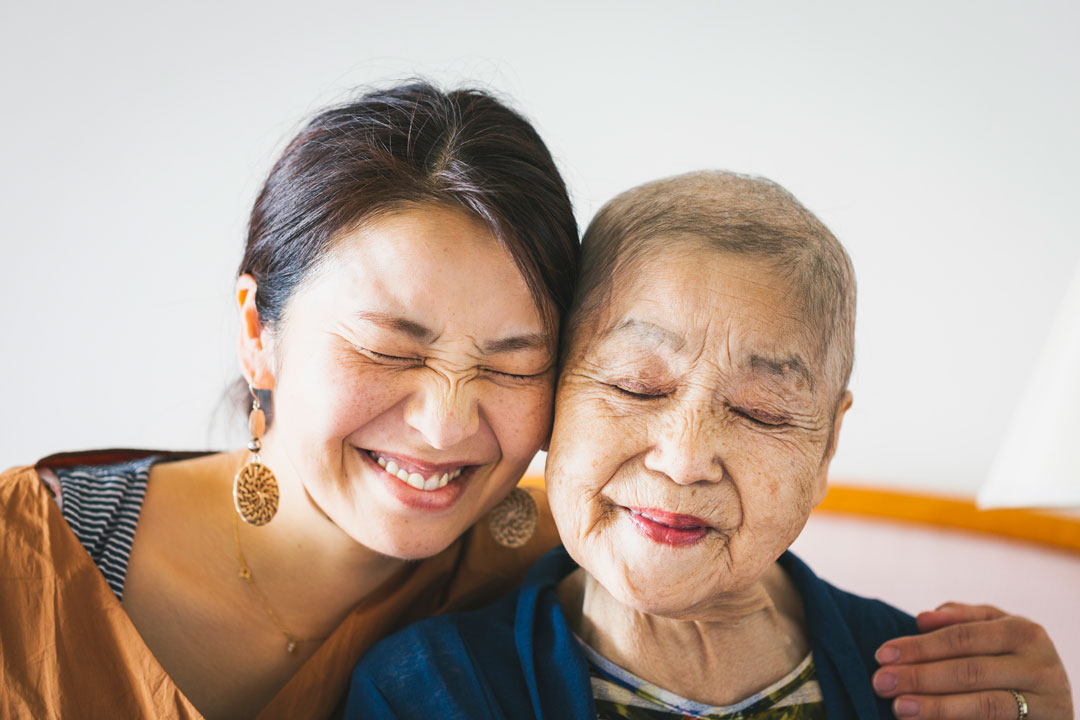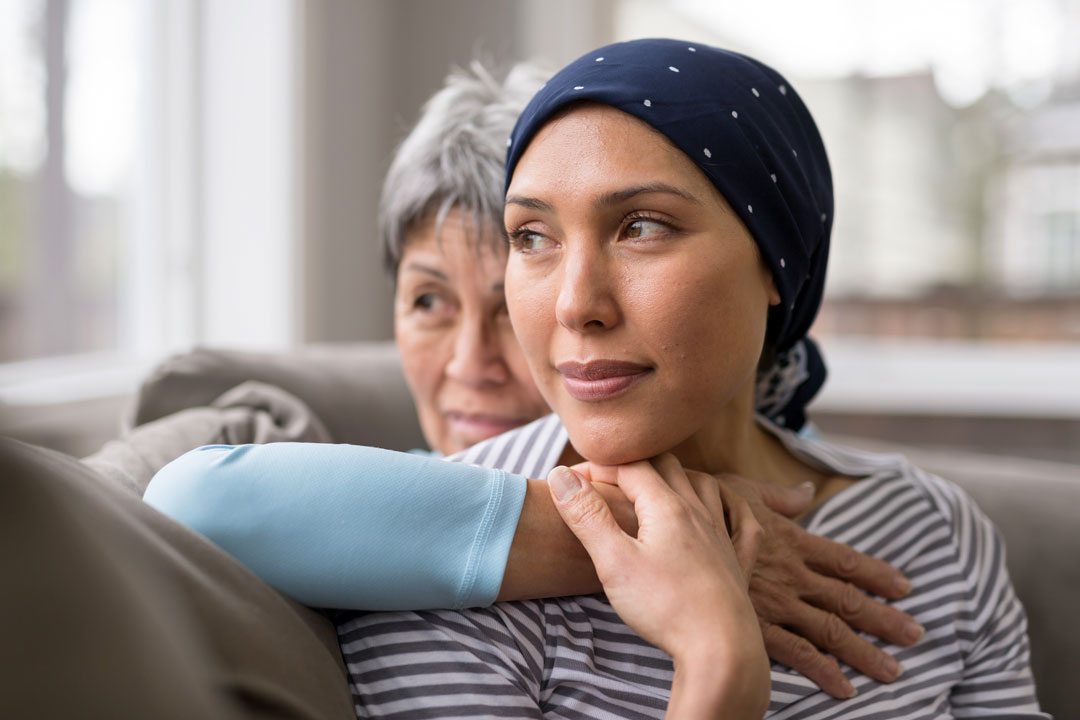Optum Care Cancer Center
Our facility in Las Vegas is home to the latest in cancer care and support. We offer a wide range of services, all under one roof.
Our services
Your care team will include the specialists who best meet your needs, such as:
- Medical specialists
- Nurses who specialize in cancer care
- Oncologists (cancer doctors)
- Surgeons
Your team will help you understand your care options and answer your questions. We’ll also update your primary care doctor and any other medical professionals involved in your care.
Chemotherapy uses powerful drugs to slow down and stop cancer cell growth. These drugs also fight cancer cells that may have spread to other parts of the body. Often chemotherapy is used with other treatments, such as radiation and surgery.
Our care plans also include a holistic approach. This means we learn about your overall physical and emotional well-being. We’ll ask about your daily habits and lifestyle, if you’re getting support from family and friends, and more.
If we think making certain changes will help you, we’ll suggest them. The goal is to help you feel better and improve your general health.
The immune system is the part of the body that fights illness. Immunotherapy helps it work harder to fight cancer cells. If you want immunotherapy, we'll help find the best plan for you. Immunotherapy works better for some cancers than others.
Radiation uses beams of energy to kill cancer cells and shrink tumors, which are cancerous growths. Radiation can be used in a number of ways:
- As your main type of cancer care
- Before surgery, to help shrink a cancerous growth
- After surgery, to keep any remaining cancer cells from growing
- In cases of advanced cancer, to help stop pain and other symptoms
There are many types of cancer surgery. Surgery is typically done to help reach one or more of the following goals:
- Preventive surgery removes tissue that is in danger of becoming cancerous. This helps lower your chances of getting cancer.
- Diagnostic surgery is done to get a tissue sample. The sample is studied to see if it’s cancerous and what type of cancer it is.
- Staging surgery helps find out how big a cancerous growth is and if the cancer has spread.
- Curative surgery is done when there is hope of removing all of the cancerous tissue.
- Palliative surgery is used in cases of cancer that can’t be cured. The goal is to help ease pain.
- Plastic and reconstructive surgery are done after the main cancer surgery. The goal is to restore a normal appearance or help parts of the body work better.

Article
Catch cancer early
Cancer screening is your best bet for staying healthy. It helps your doctor find problems early, when they’re easier to fix.

Advanced care
Supportive care helps patients and families
Supportive care offers an extra level of care to patients of any age who have a serious illness or long-term medical problem.
Helpful resources

Become a patient
We care for people of all ages and accept most health plans.

Prepare for your visit
Make the most of your visit by planning ahead.

Health and wellness resources
Learn ways to stay connected, safe and healthy.
*Cancer care services vary by location. Check with your doctor’s office or health plan for specific information.
